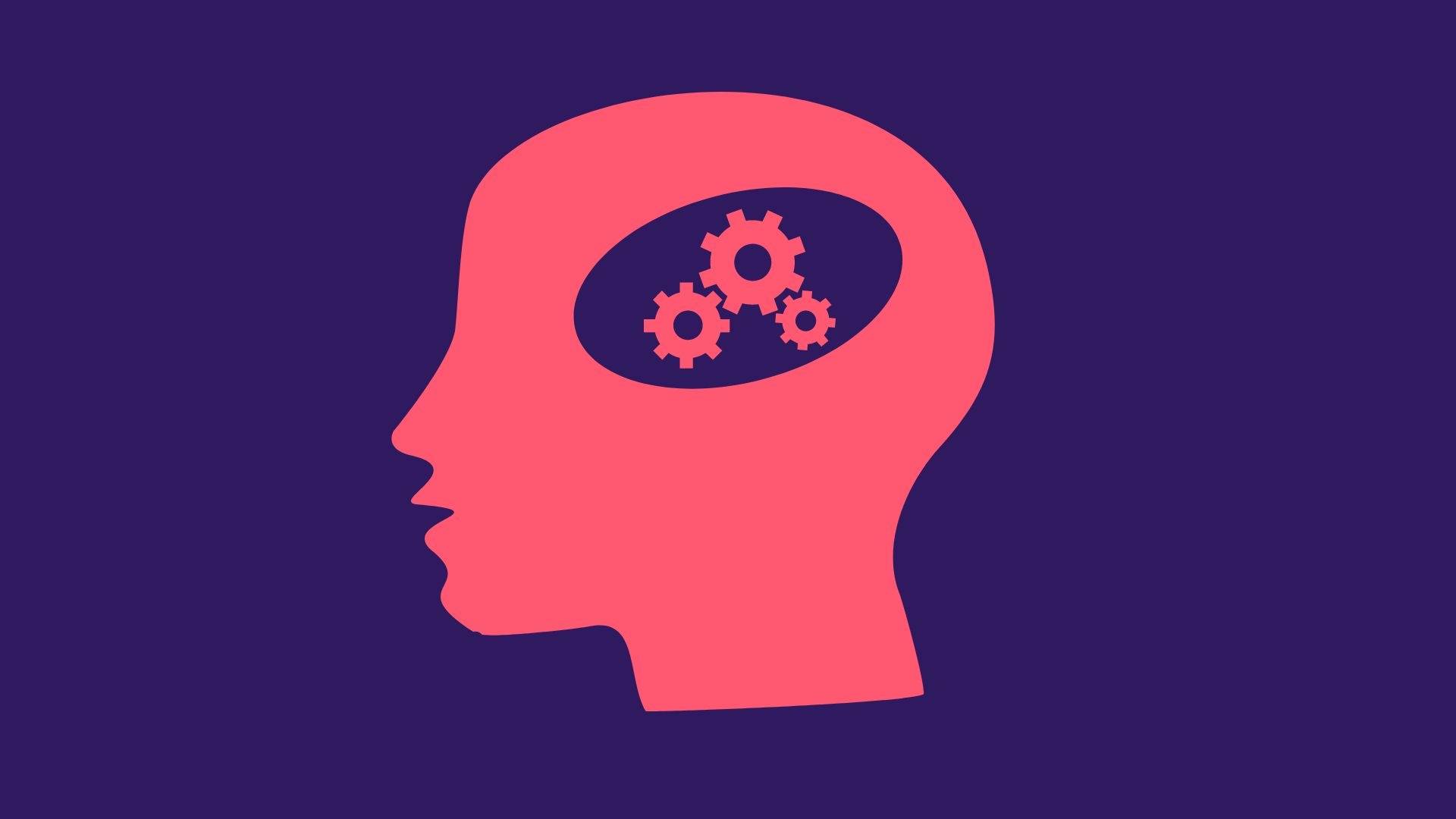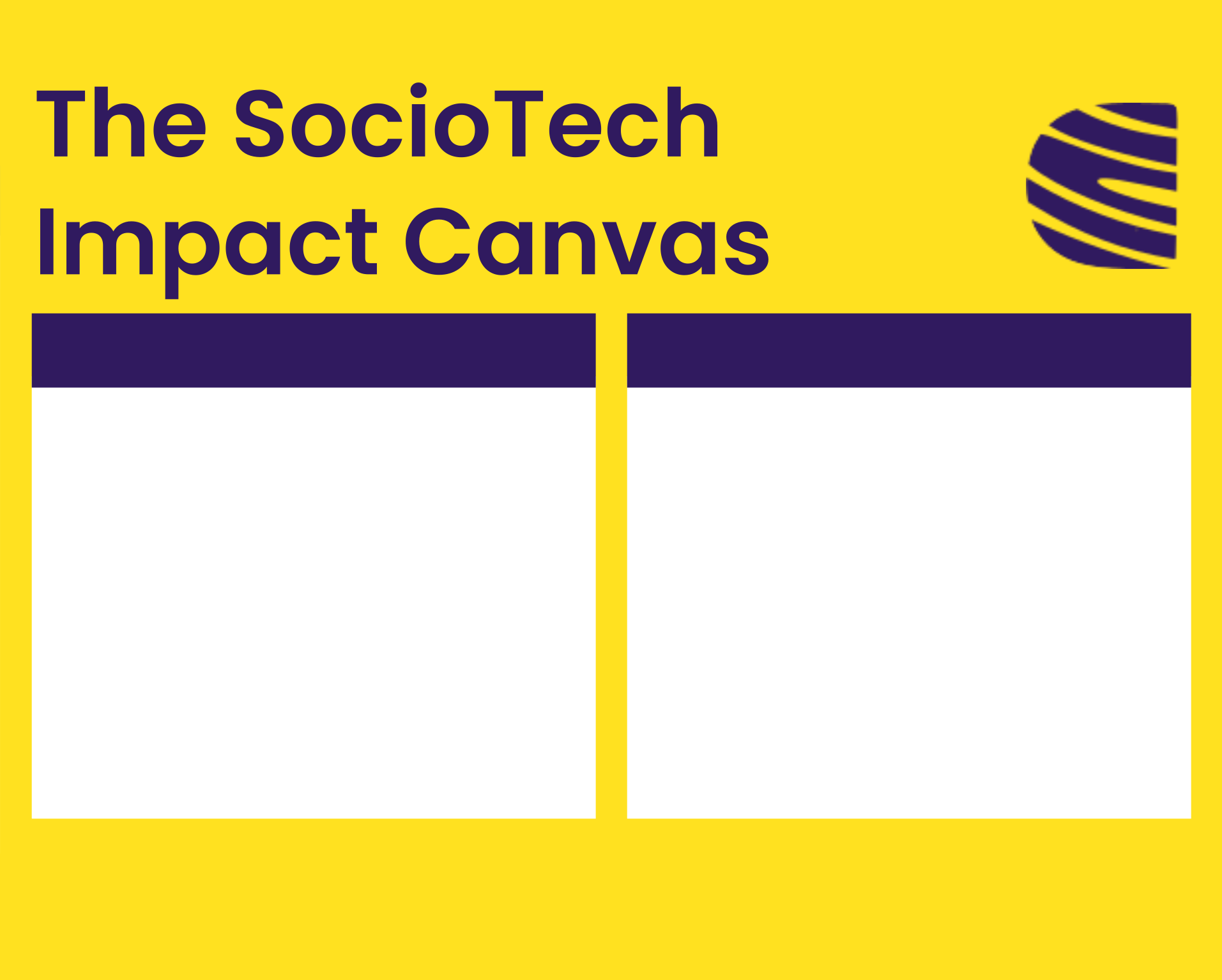This is the third part of a 6-part series on Inclusive Leadership by Marissa Ellis, Founder and CEO of Diversily. You can find out about the other planned articles here and how we can help with Inclusive Leadership development here.
We have already explored why now is the time for change and how it starts with each and every one of us.
In this article, Part 3, we’ll explore the inclusion awakening.
Please share so that together we can create a better, more inclusive future for everyone.
We have never lived in a truly equal world. We have a deep and complex history of inequality, injustice and discrimination. However, societal norms are shifting and organisations are recognising the importance of diversity and inclusion as a business imperative. As individuals, organisations, eco systems and societies, we are all on a journey. Attitudes, mindsets and behaviours are shifting as we shape a new reality of a future equal state.
“When you’ve worked hard, and done well, and walked through that doorway of opportunity, you do not slam it shut behind you. You reach back, and you give other folks the same chances that helped yousucceed.”
Michele Obama

As an inclusive leader you are a role model. Your job is not just to support those around you and take inclusive action but to inspire others to take a step forward to become more inclusive themselves.
It is important to recognise that we are all in a different place in this journey. You need to meet people where they are and tailor your approach accordingly.
During Diversily Inclusive Leadership sessions we often look at ‘The Inclusion Awakening’ which shows the five steps along the journey to becoming an inclusion advocate.
1. Apposed — Against change to encourage more diversity and inclusion.
2. Unaware — Hasn’t really been on my radar.
3. Aware — Building my knowledge & understanding.
4. Ally — Taking action to help others.
5. Advocate — Changing mindsets and systems and galvanising others to take action.

Everyone one of us is at a different stage. We may also be at different stages for different aspects of diversity. For example, you may be an advocate for gender equality but still building your awareness around racial equality.
The ‘inclusion awakening’ is a useful tool for self-reflection. Here are some important questions you can ask yourself…
· Where are you on your journey?
· How does this vary for different aspects of diversity?
· What specific things will you do to take a step forward?
· Where are the people around you?
· How can you support them to take a step forward?
For me, allyship is always facing forward but reaching back to help support the one that led you to this point, appreciating every person beyond their caste, creed, race or relationship status. As an Inclusion & Diversity advocate, my key role is first to accept and then illustrate that bias can arise in both expected and unexpected ways. It is in each of us to make a difference.
Priya Guliani, Head of Operations, GBA-UK and WBAF Senator-UK
To understand how to support others and inspire them to move forward in their own personal journey, it is important to meet people where they are. Here are some tips on different strategies you can use, depending on the stage they are at.
1. Apposed — Build trust. Listen & understand. Use their perspectives, which you may not agree with, to strengthen arguments for change. Always use kindness and empathy to keep everyone involved.
2. Unaware — Raise awareness. Share stories, data and research. Explore their constraints & pressures (e.g. masculinity) to help them better understand and empathise with others.
3. Aware — Inspire them to make a personal difference. Deepen their understanding of different people’s perspectives. Encourage them to use their voice to help others.
4. Ally — Encourage them to develop & share their ‘diversity’ stories & use these for positive effect. Encourage them to start using their influence & thinking at the ‘system’ level.
5. Advocate — Encourage them to celebrate success, support other advocates and sustain their own energy & commitment.
In Part 2 of this series I talked about the fact that being neutral is no longer enough. I talked about ‘hope’ and ‘fear’ drivers for change and the need to encourage as many people as possible to become allies and advocates for change. This can be a very challenging path, as it could involve people changing their fundamental beliefs, challenging their pre-conceptions and unlearning previous behaviour which may have brought them success in the past.
For many people becoming a diversity and inclusion ally is simple. They instinctively feel it is the right thing to do. They need guidance around specific things they can do to make a difference. We’ll talk more about this in future articles. However, there are large numbers of people who need to be won over. They need to be persuaded that this is something that affects them, something they should care about and something they should act upon. For people in this category creating inclusion allies and advocates is about influence and persuasion.

I have learned a lot about influence and persuasion over the years. So, I wanted to share some insights. What follows are some general insights that you will be able to apply in many areas of your life, however my hope is that you will use this to inspire more positive conversations that encourage more people to be become diversity and inclusion allies & advocates.
1. People like to be listened to — not talked at.
- Conversations become collaborative when you listen to each other.
- Restating someone’s views in your own words helps to show you are listening. It also builds your understanding of their perspective, and helps them to confirm their position.
- Listing what you have learned from someone, makes them feel valuable, respected and like their opinion matters. It also encourages them to think about what they have learned from you.
2. People will only be moved to act differently, if their beliefs change.
- People do not change their beliefs, simply by you telling them they are wrong.
- A conversation is an opportunity to enable someone to reconsider a belief that may influence the way they choose to act.
- People are more likely to be persuaded to change their minds by someone they have a connection with.
3. It is easier to have difficult conversations and disagree when you build rapport.
- Rapport comes when relationships are trusting, respectful and non-judgemental.
- Strong connections give you courage to embrace uncomfortable and difficult conversations.
- Strong connections are made when people find common ground and similarity. Creating a foundation of the points you agree on gives you a stronger platform to explore where your views diverge. E.g. Do we all agree that everyone should be given an equal opportunity to succeed?
4. To change someone’s mind you have to plant a seed of doubt.
- Often people form opinions based on limited knowledge. If you can expose gaps in their knowledge, you start to plant seeds of doubt.
- Uncovering contradictions or inconsistencies forces new thinking. For example, if someone says “I am not racist” and also, “I believe the workplace is a meritocracy where the best talent will rise to the top.” This gives you an opportunity to dig deeper and challenge their thinking.
- Sometimes reason and evidence are not enough. People need to feel it in their heart as well as know it in their head.
5. When you role model good behaviour others will follow.
- Showing an openness to change your views, helps others to do the same.
- When you listen respectfully, others don’t just hear you, they also listen.
- When you show respect and a desire to collaborate, others are more likely to also steer away from being argumentative, disrespectful or competitive.
6. It needs to be ok to change your mind.
- We will find our collective path forward by creating more heroes, not villains of the past.
- You have to offer a graceful exit. In the world of hostage negotiations this is called the golden bridge. This is a dignified path forward they will want to take.
- People may have invested, time money or energy into their belief so changing their mind may have consequences. Sometimes the blocker to change is the fear of overcoming these consequences not the matter at hand itself. Give people the support, the data and the stories to help them shift their hearts and minds.
Persuasion and influence is needed to create allies and advocates. The more allies and advocates we mobilise, the faster we can drive meaningful progress, together.
Often the greatest allies are those who have been ‘won over’. Someone who has seen the error of their ways or filled their blind spots, will be uniquely positioned to convince others to also change. This is because they will be able to more easily build rapport with those who share their old beliefs.
We all need to be courageous enough to be wrong and willing to question our fundamental assumptions. We simply cannot move forward if we are not all brave enough to challenge our deeply held views and beliefs. If we all refuse to see the gaps, hear the criticism or take the time to understand alternative views we will never find common ground. Instead of thinking my truth is the only truth, and everybody else is wrong, we should listen, really listen with compassion and understanding.
Check yourself next time you walk down the street and make an assumption about someone, just because they have a tattoo, are wearing certain clothes or look a certain way. Check yourself, and ask yourself, ‘what am I wrong about?’.

Shifting the needle on diversity and inclusion will undoubtably take uncomfortable and difficult conversations. Acknowledging your own privileges, biases and false truths is hard. Meaningful change that tackles systemic injustice requires bravery, courage and not doing what we have always done. When we actually listen to people, stop lecturing them, and learn to voice our disagreements respectfully, we can start changing each other’s minds and reevaluating our own beliefs.
Allyship is a journey and not a destination.
Priya Guliani, Head of Operations, GBA-UK and WBAF Senator-UK
I hope you will join me on this journey!
Stay tuned for Part 4 of this leadership series where we’ll explore how ‘Inclusive Thinking’ can help you gets better results.
Please share so that together we can create a better, more inclusive future for everyone.
You can find out more about Diversily Inclusive Leadership development here. You’ll also be able to download the free Inclusive Leadership Change Canvas, which is an excellent discovery tool for self-reflection. Join our growing community of leaders by using The Change Canvas to build high performing inclusive teams and release potential.





